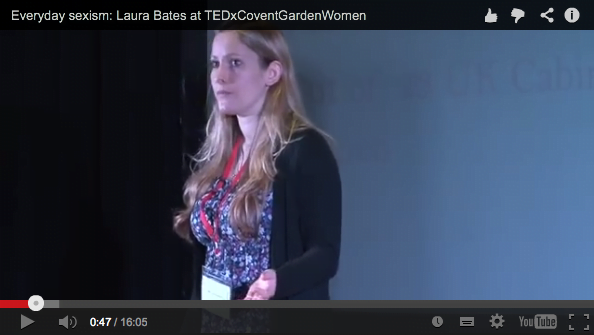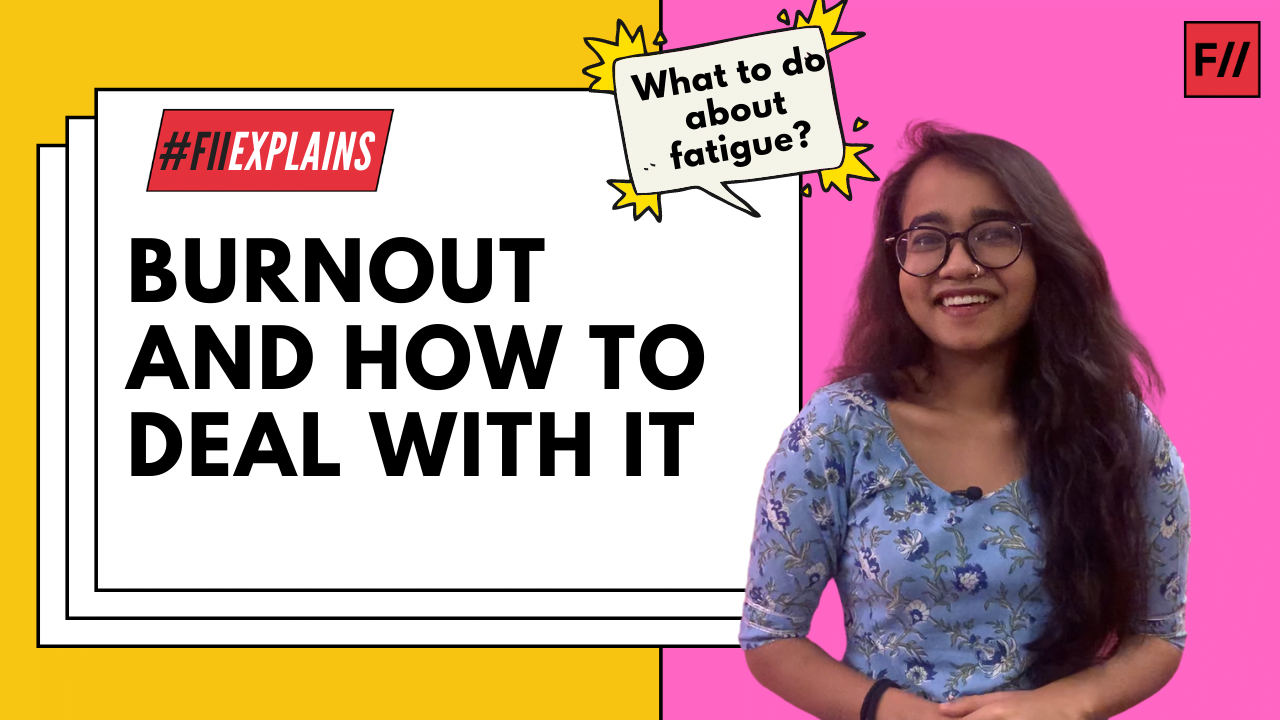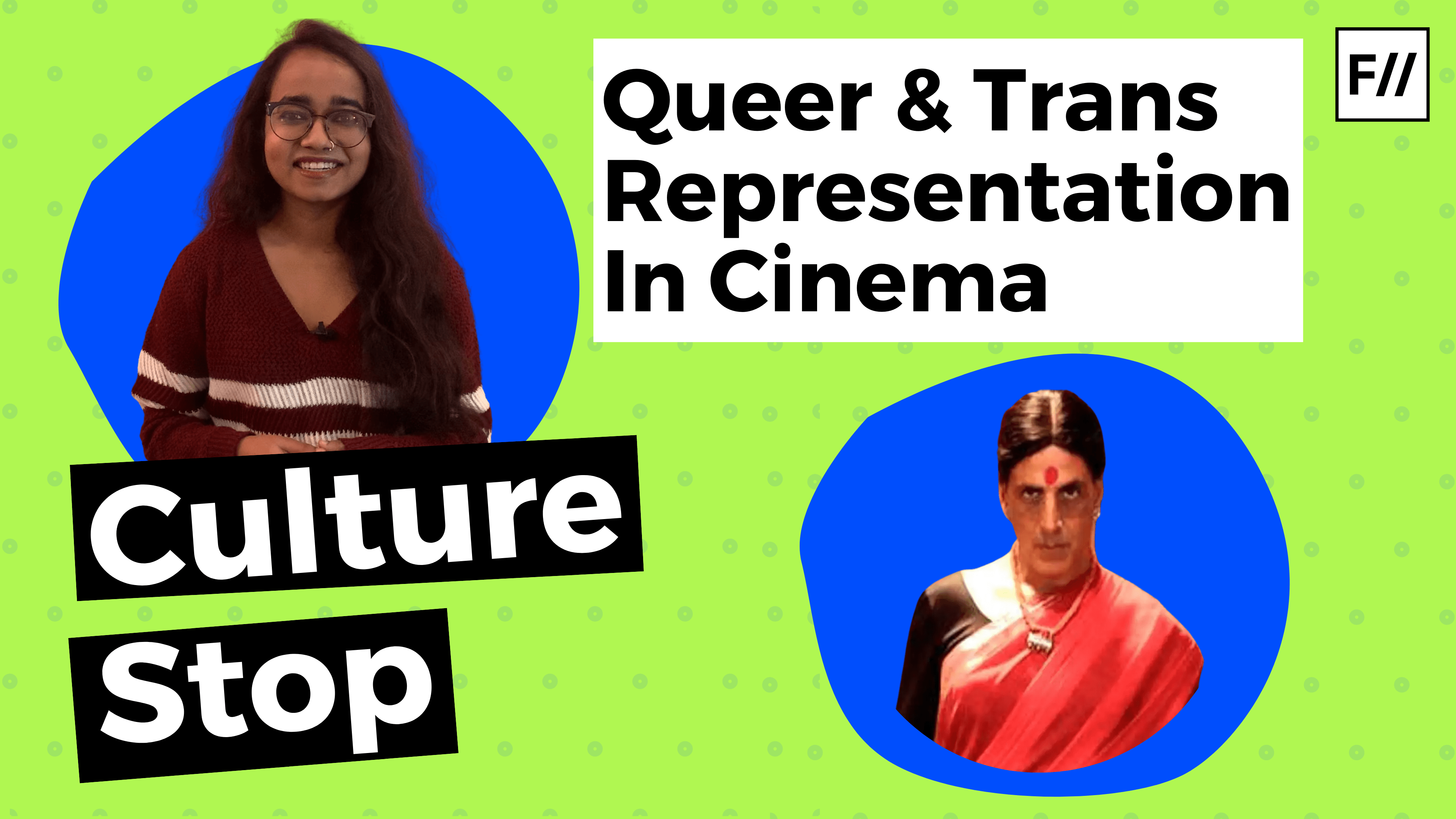I first heard of Everyday Sexism when I spotted Laura Bates’ book lying innocuously in one of the book stores I frequented. Intrigued, I managed to find the website and subsequently the Ted Talk where she talks about how and why she formed the forum (where women can open up and talk about their experiences of sexism); the understandings and aftermath of the same.
She started the project when she was working as an actress, where she found that there were massive levels of gender discrimination. She started the forum in 2012, and by 2015 it had reached more than 10,000 entries. Her book, by the same name, was published in 2014.
Why is this important?
The last time I attended a wedding, someone asked my 10 year old brother about his career plans, and then proceeded to ask me when I’m getting married. Only recently, I went for a date where this man asked me why I didn’t wax; and when I asked him why he didn’t, he almost said, “Because I’m a guy.” When a male professor is aggressive and strict in college, he is seen as forthright; but when a female one is, she’s seen as “strict” and unaccommodating; or in most cases, a bitch. Every single gender discussion forum includes at least two people out of four who wonder why “you can’t take it as a joke.” When asked in a class about the number of people who considered themselves feminists (a class of 3 men and 16 women); only 2 women raised their hands. When the very basic ideal of feminism means equality; it would mean that in that class if you did not raise your hand, then you believe that gender equality should not exist.
Bates started the Everyday Sexism online forum so women could come out and share their stories of sexism; and soon women all over the world were uniting to call out issues which they usually would have ignored, or would have been asked to ignore. She refers to how people usually dismiss feminism with “we’re all equal now, more or less”, and then provides statistics to show that this is not true, even to a small extent. While mainly using statistics of the UK, she comes back to one staggering statement: “Worldwide, 1 in 3 women will be raped or beaten at least once in their lives.”
Featured Image Credit: www.charlottesometimes.co.uk
About the author(s)
A firm believer in freedom, rights and equality. Happy to be offended and offer opinion on the lack of awareness of social issues. A student of assertion (and Liberal Arts); much prefer dancing to talking.




